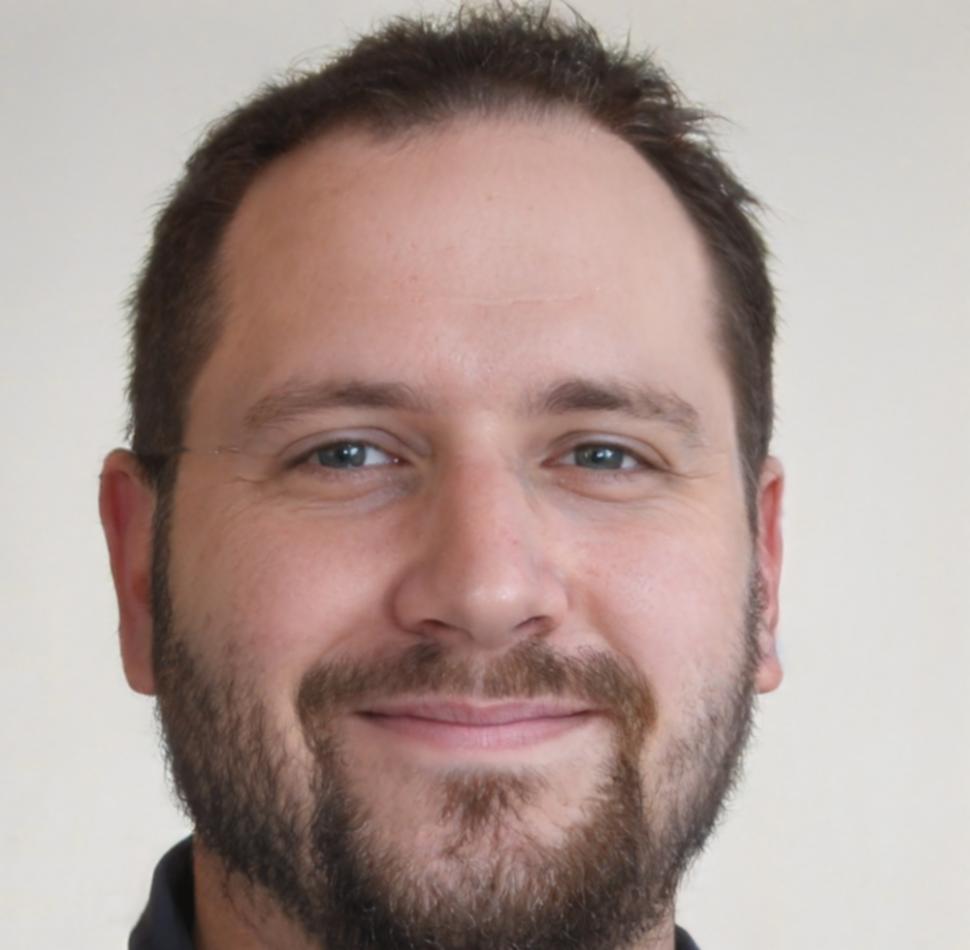Money Skills That Actually Stick
Most people learn about budgets and interest rates in school, then forget everything by tax time. We teach personal finance through real situations you'll face—setting up your first rental bond, understanding your super options, or figuring out what offset accounts actually do.

Three Things We Focus On
Financial literacy isn't rocket science. But somewhere between compound interest formulas and mortgage jargon, people get lost. We strip it back to what matters.
Real Scenarios
You won't balance fictional budgets. Instead, work through situations like splitting bills with housemates, comparing health insurance policies, or deciding between paying off HECS early versus investing.
Australian Context
Super, HECS, Medicare levy, negative gearing. Our tax system and financial products are unique. Learn how they actually work for people living here, not generic advice from overseas textbooks.
Your Pace
Some people need help with basic savings plans. Others want to understand investment strategies or tax structures. Start where you are, focus on what's relevant to your situation right now.
Foundation Money Management
Covers the basics most adults wish they'd learned earlier. How bank accounts actually work. What credit scores do and don't affect. Setting up automatic transfers so saving happens without thinking about it.
We spend time on practical stuff like reading payslips, understanding tax brackets, and figuring out what insurance you actually need versus what salespeople push.

Property and Investment Basics
Buying property in Australia involves endless jargon. Stamp duty, LVR, offset accounts, comparison rates. We break down what first home buyers actually need to know, and what can wait until later.
Then there's investing beyond property—shares, ETFs, managed funds. Learn how these work, how to compare costs, and realistic expectations about returns. No get-rich-quick schemes here.

Business Money Matters
Running a small business or side hustle means dealing with ABNs, GST, quarterly BAS statements. We cover what sole traders and small business owners face when handling their own books.
Including invoice management, separating business and personal expenses, understanding when you need an accountant versus what you can handle yourself with decent software.

How Learning Works Here
Our programs run over several months because changing money habits takes time. Quick workshops feel good but rarely stick. Here's the typical path students follow.
Assessment and Goals
First month focuses on understanding where you're starting from. What money knowledge do you already have? What specific situations do you need help with? Everyone's different—no point learning about investment property if you're still figuring out emergency funds.
Core Skills Development
Months two through four build fundamental skills. Budget tracking that actually works. Reading financial documents. Understanding how different accounts, cards, and loans compare. We use real examples and current rates from Australian banks.
Specialized Topics
Middle months let you branch into areas that matter for your situation. Tax strategies for freelancers. Super fund comparison. First home buyer schemes. Share trading basics. Pick what's relevant and ignore the rest.
Implementation Support
Final months focus on actually doing things with what you've learned. Set up proper account structures. Review and switch financial products. Build systems that keep working after the course ends. This is where theory becomes habit.

Meet Colm
Financial Education Coordinator
Colm spent fifteen years as a financial planner before switching to education. He got tired of meeting people in their forties who'd made expensive mistakes that basic knowledge would have prevented.
Now he focuses on teaching practical money skills before people need a financial planner. His background means he knows what questions people will face and what actually matters versus what sounds impressive but doesn't help much.
Get in TouchStarting Your Money Education
Our next intake begins September 2025. Classes run weekday evenings in Newcastle, with weekend intensive options quarterly. Remote participation available for regional students.

Course fees depend on which modules you need—foundation skills start around 0 for the full program. Business finance modules run separately. Payment plans available because we understand the irony of financial education being unaffordable.
Ask About Programs